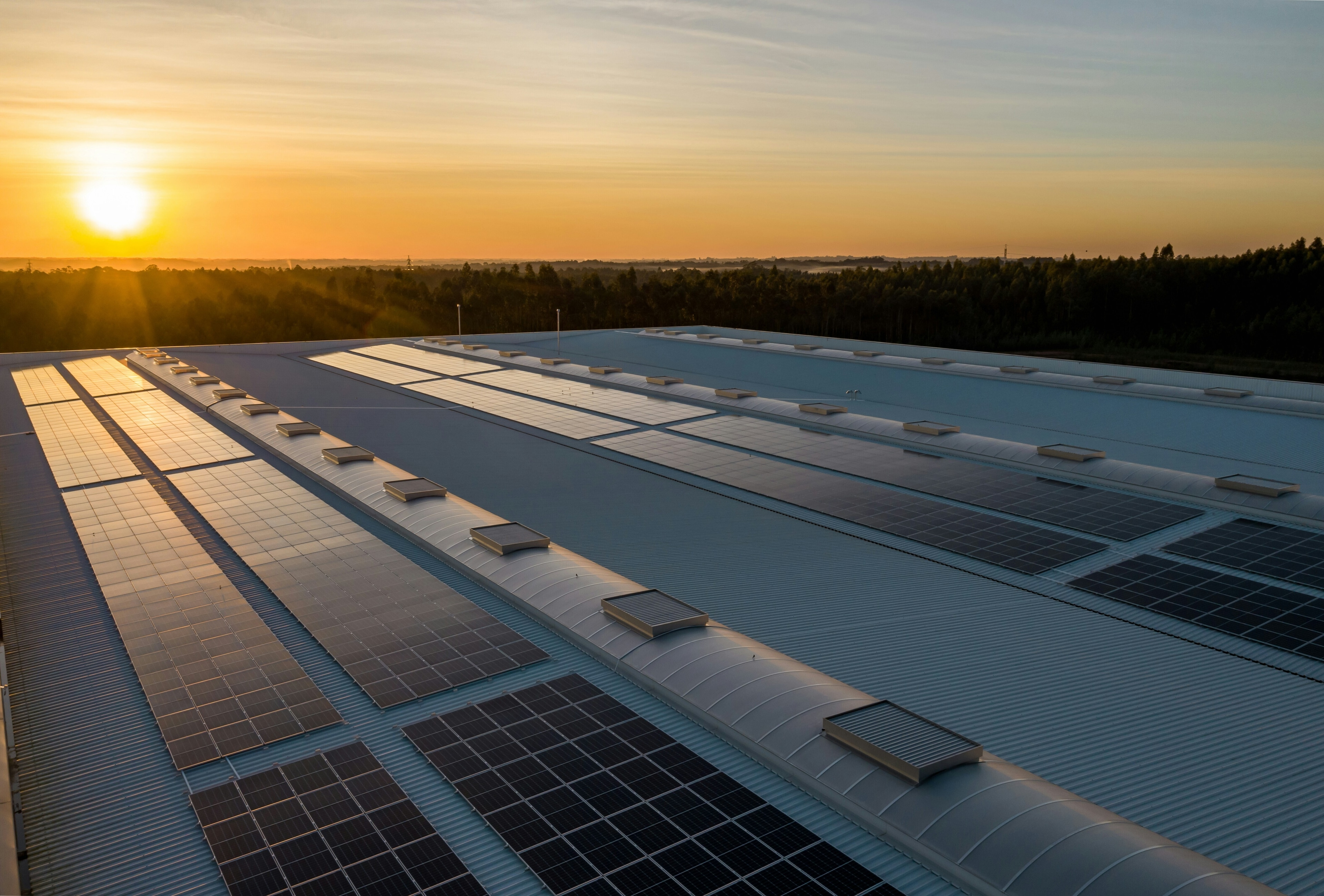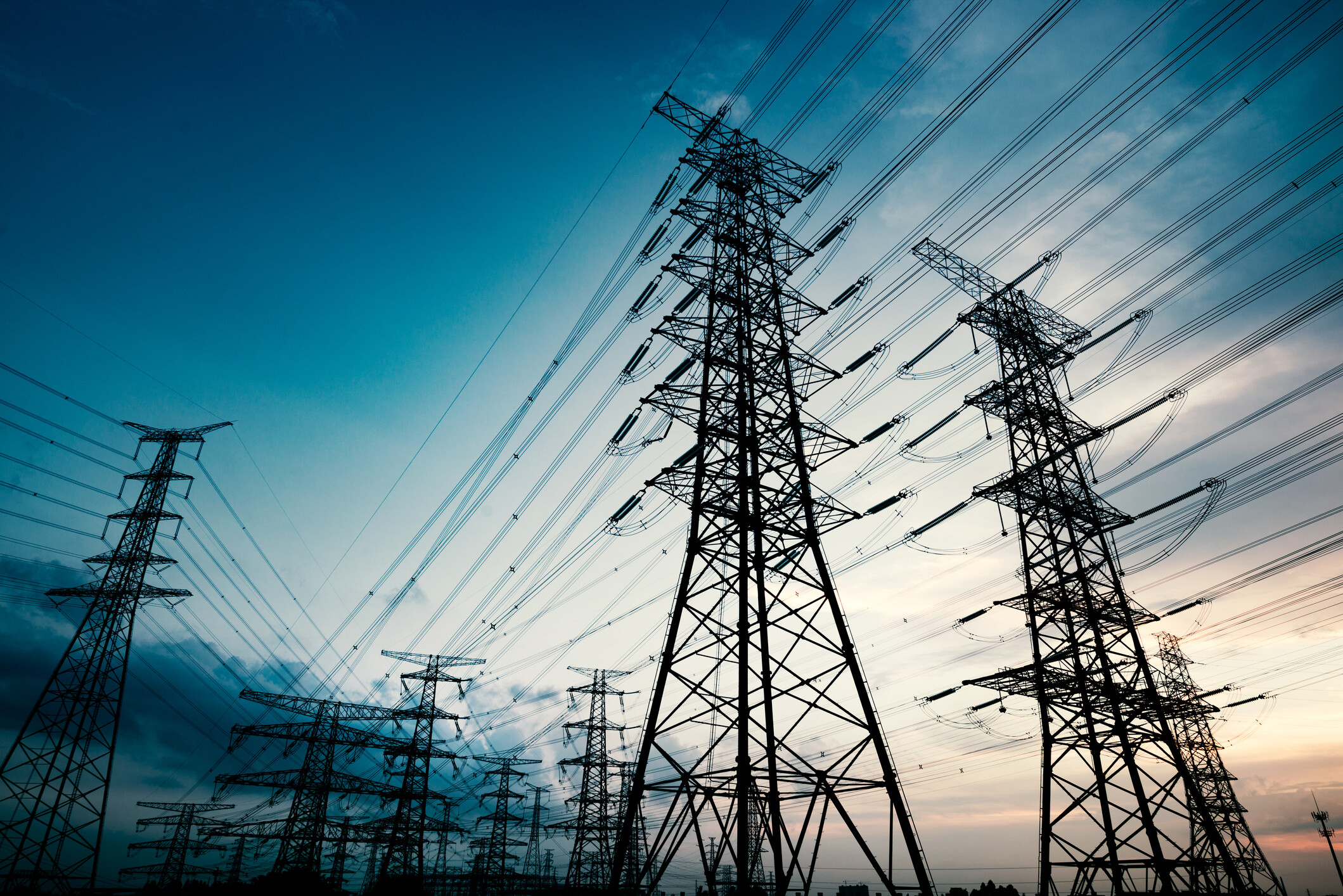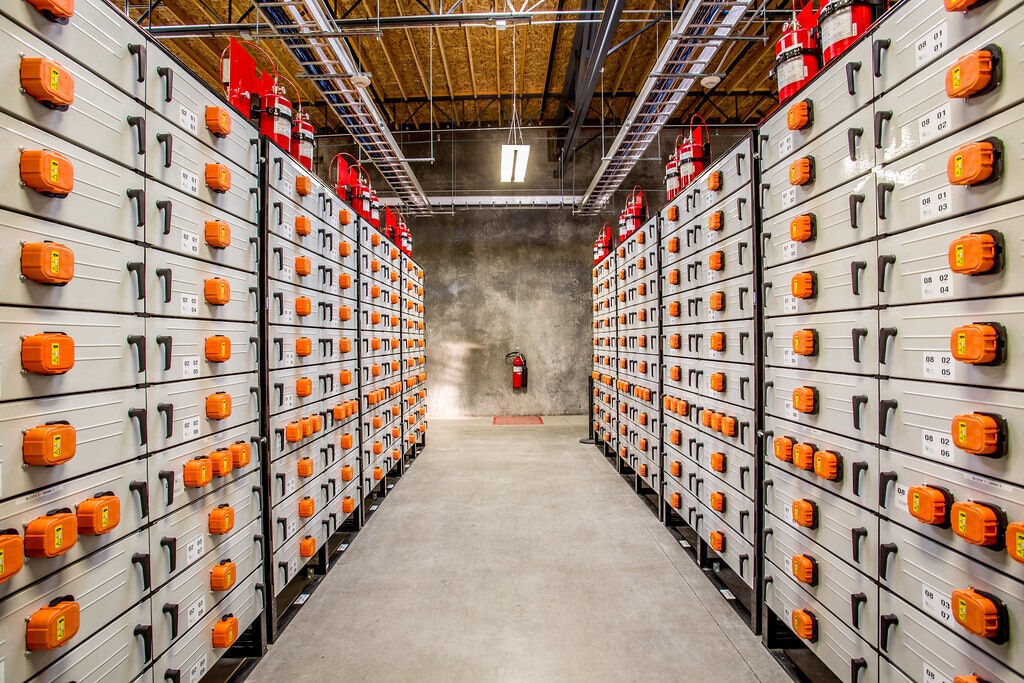The opportunity of servicing energy demand in the Global South

The Global South and wider developing world is expected to be the main driver of energy demand moving forward. Image: REUTERS/Sunil Kataria

Get involved with our crowdsourced digital platform to deliver impact at scale
Stay up to date:
Energy Transition
- The Global South will be responsible for much of the global future energy demand.
- Meeting that growth in demand will not just improve millions of lives, but is an opportunity, too.
- Saudi Arabia's ACWA Power offers an example of how other companies can enter these dynamic markets.
The Global South represents 56% of the world’s population, but its power generation capacity is only 18% of the world’s total. Given that roughly 85% of new energy demand in the coming years is expected to come from outside the developed world, there is a clear need to create a new sustainable supply of energy.
Doing so will elevate the standard of living for millions and drive a transformation that can reduce population movements, alleviate disputes and foster collective prosperity.
There is a pressing need to narrow the gap in living standards between regions. The clear gap between the Global North and South leaves no room for complacency until aspirations for a better life and energy security are fulfilled.
The opportunity of servicing energy demand in the Global South
Delivering these goals for the developing world is not an act of charity — it represents a strategic opportunity. These underserved markets present tremendous potential for development. Renewable energy stands out as the most cost-effective, rapid and secure form of energy, and its share in the energy mix continues to increase. Nevertheless, in high-growth economies such as those in the Global South, renewables alone may fall short in meeting escalating energy demands. This is why highly-efficient forms of conventional energy, including combined cycle gas turbines, still have a role to play in elevating the lives of local populations — accelerating development and narrowing the energy gap. Additionally, green molecules produced in the Global South can create synergies to lower the investment costs in new energy production locally, and can serve as an efficient way to transfer financial resources from the Global North to the Global South.
Addressing the energy quadrilemma in the Global South
We must act to alleviate the energy quadrilemma — which adds the dimension of speed to the traditional elements of affordability, security and sustainability — and we must do it fast.
Partnerships and cooperation between countries are essential in the rapid expansion of energy infrastructure across the Global South. And ACWA Power, Saudi Arabia’s largest independent power producer, is providing a case study in how to do this. The company is focused on the Global South, and has added almost 22GW of renewable energy into its portfolio over the past five years, with 7GW added in 2023 alone. Now it is working overseas on energy projects critical to development and energy security.
The company has collaborated with the Government in Uzbekistan, a nation at the forefront of the energy transition with ambitious targets to raise the share of renewables in its energy mix. Through negotiated agreements and tenders, the Uzbekistan achieved scale at speed as well as competitive costs and transparency. ACWA Power is today the largest investor in the country with a programme that includes 5.1GW of renewable power and 3.4GWh of battery storage, 1.5GW of high efficiency combined cycles and the first green hydrogen project in Central Asia, that can be used to decarbonize the production of fertilizers to export to Europe. Uzbekistan's clear vision, coupled with decisive leadership and proactive stakeholder engagement, serves as a blueprint for success for others.
Partnerships and dialogue for energy
Beyond infrastructure development, strategic partnerships and constructive dialogues with governments and investors are also key to energy security and raising the costs of living. ACWA Power, has established technical academies to graduate hundreds of young people to work in the power, green hydrogen and water desalination industries. The company cooperates with Development Finance Institutions which play a pivotal role to derisk investments in the Global South to attract private investment. ACWA Power also enables philanthropic endeavours to support projects through concessional financing and works with other private investors, including pension funds and insurance companies from the Global North, to coinvest in its projects in the Global South, ultimately mobilizing $10 for every $1 it invests directly. All this is to reach the ultimate goal of achieving the lowest possible cost and make renewable energy attractive and affordable to the governments and local populations who need it most.
Investments like these in the Global South not only fuel the energy transition but also catalyze socio-economic development on a global scale. As global efforts persist in enhancing the quality of life for billions, there is an opportunity for others to partake in this journey.
Together, we can forge a future where green energy and water serve not merely as a commodity but as a catalyst for positive change, empowering communities and fostering sustainable growth for generations to come.
Don't miss any update on this topic
Create a free account and access your personalized content collection with our latest publications and analyses.
License and Republishing
World Economic Forum articles may be republished in accordance with the Creative Commons Attribution-NonCommercial-NoDerivatives 4.0 International Public License, and in accordance with our Terms of Use.
The views expressed in this article are those of the author alone and not the World Economic Forum.
The Agenda Weekly
A weekly update of the most important issues driving the global agenda
You can unsubscribe at any time using the link in our emails. For more details, review our privacy policy.
More on Energy TransitionSee all
Rishabh Mishra
May 14, 2024
Vee Li and Zhang Xun
May 13, 2024
Jesse Saldivar, Alaina Ladner, Marc Starkey and Brittany Syz
May 13, 2024
Fahad Al-Dhubaib
May 10, 2024
Prasad Thakur and Labanya Prakash Jena
May 10, 2024






